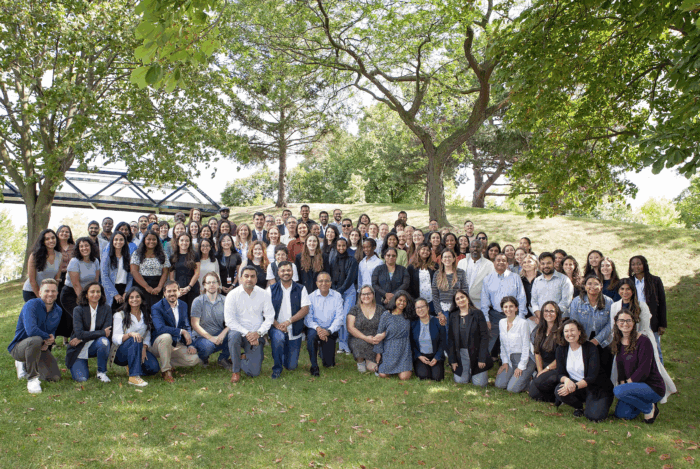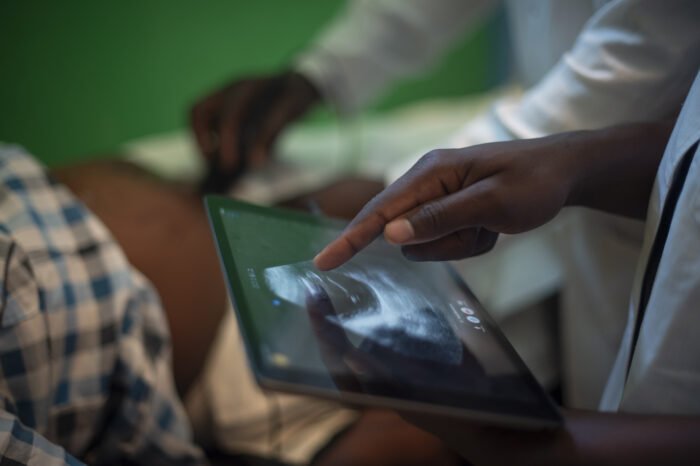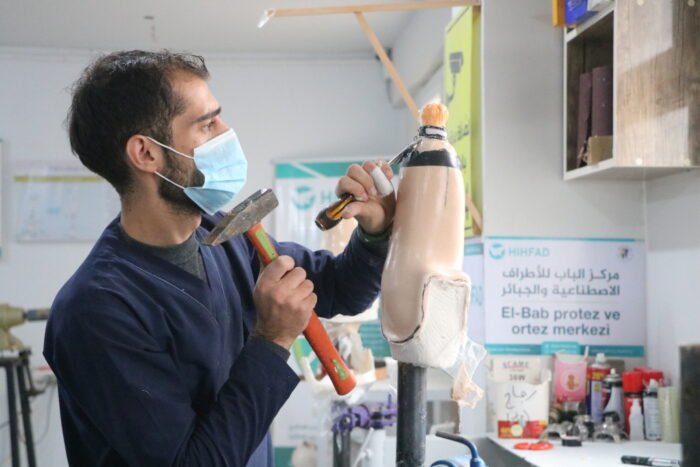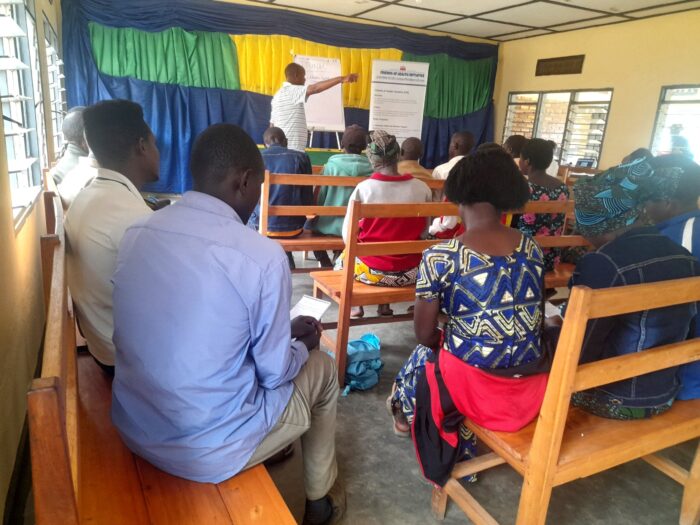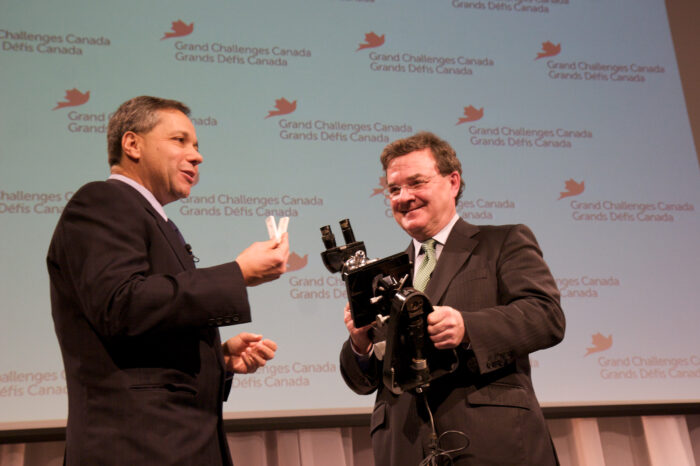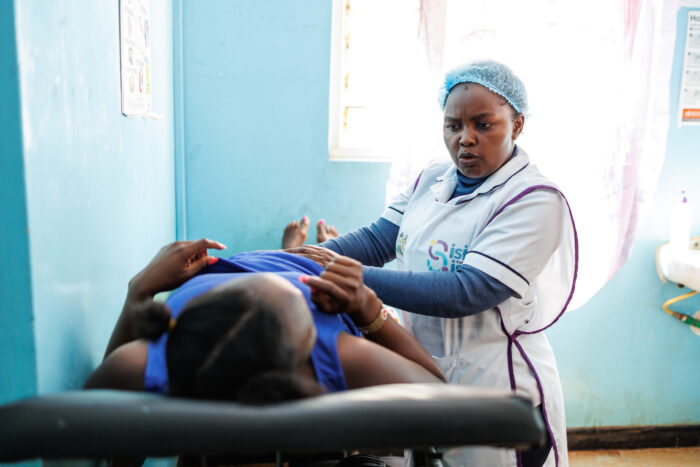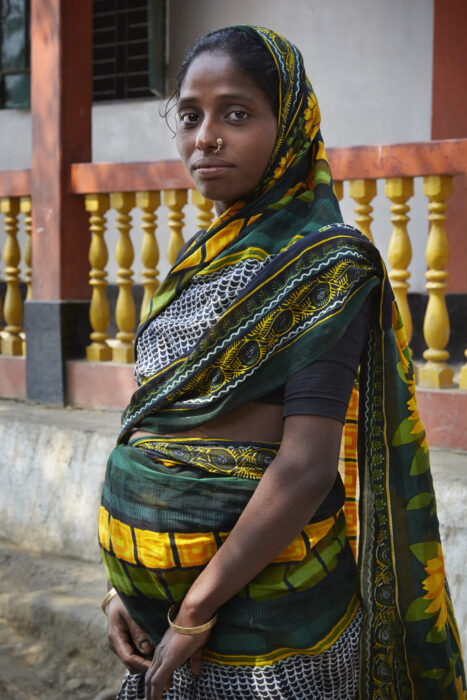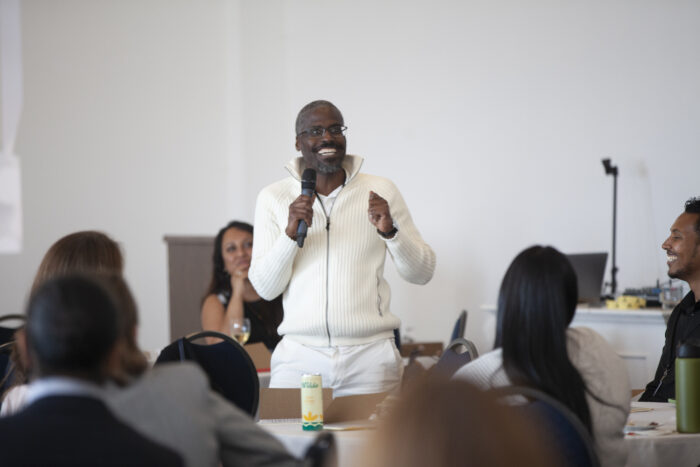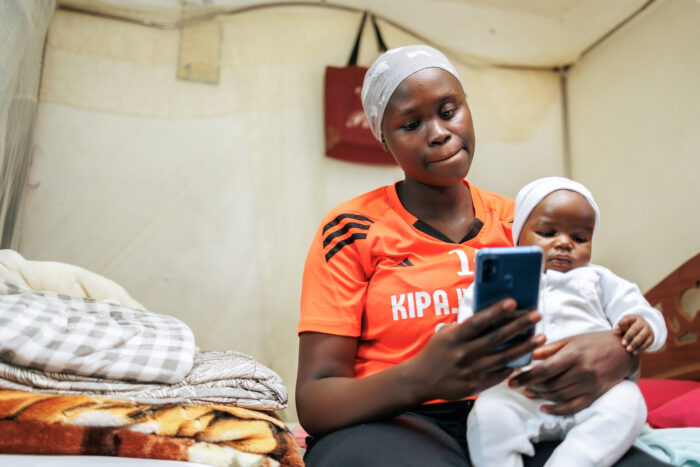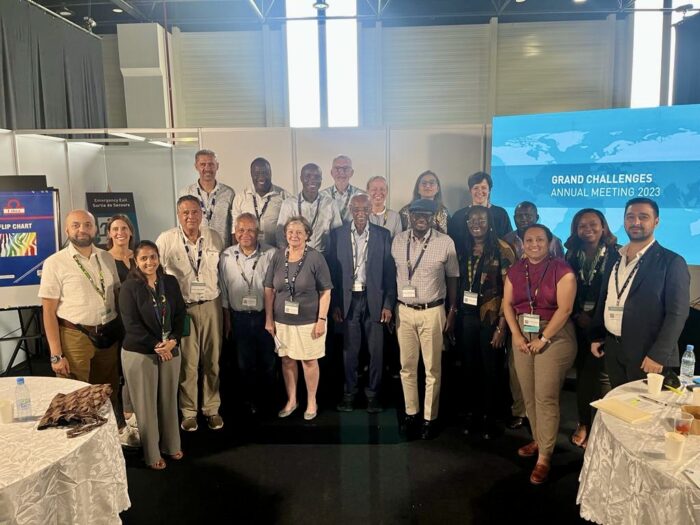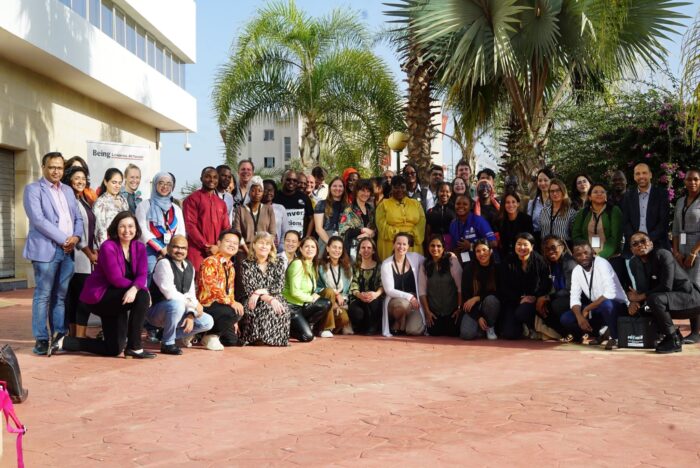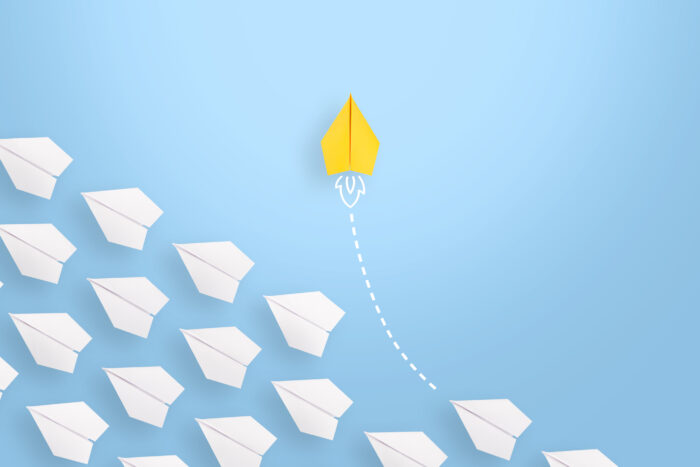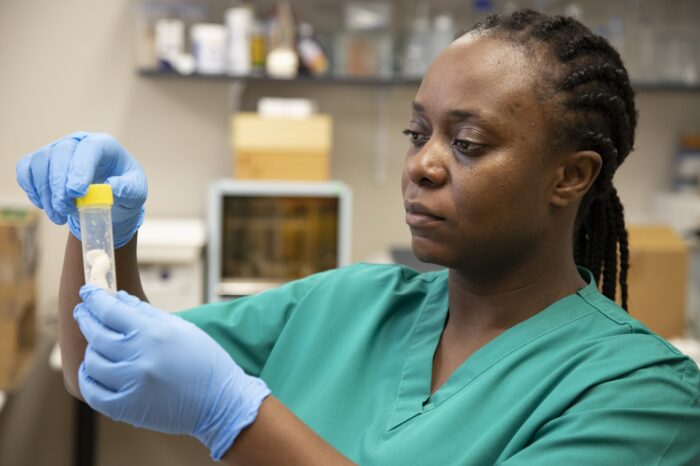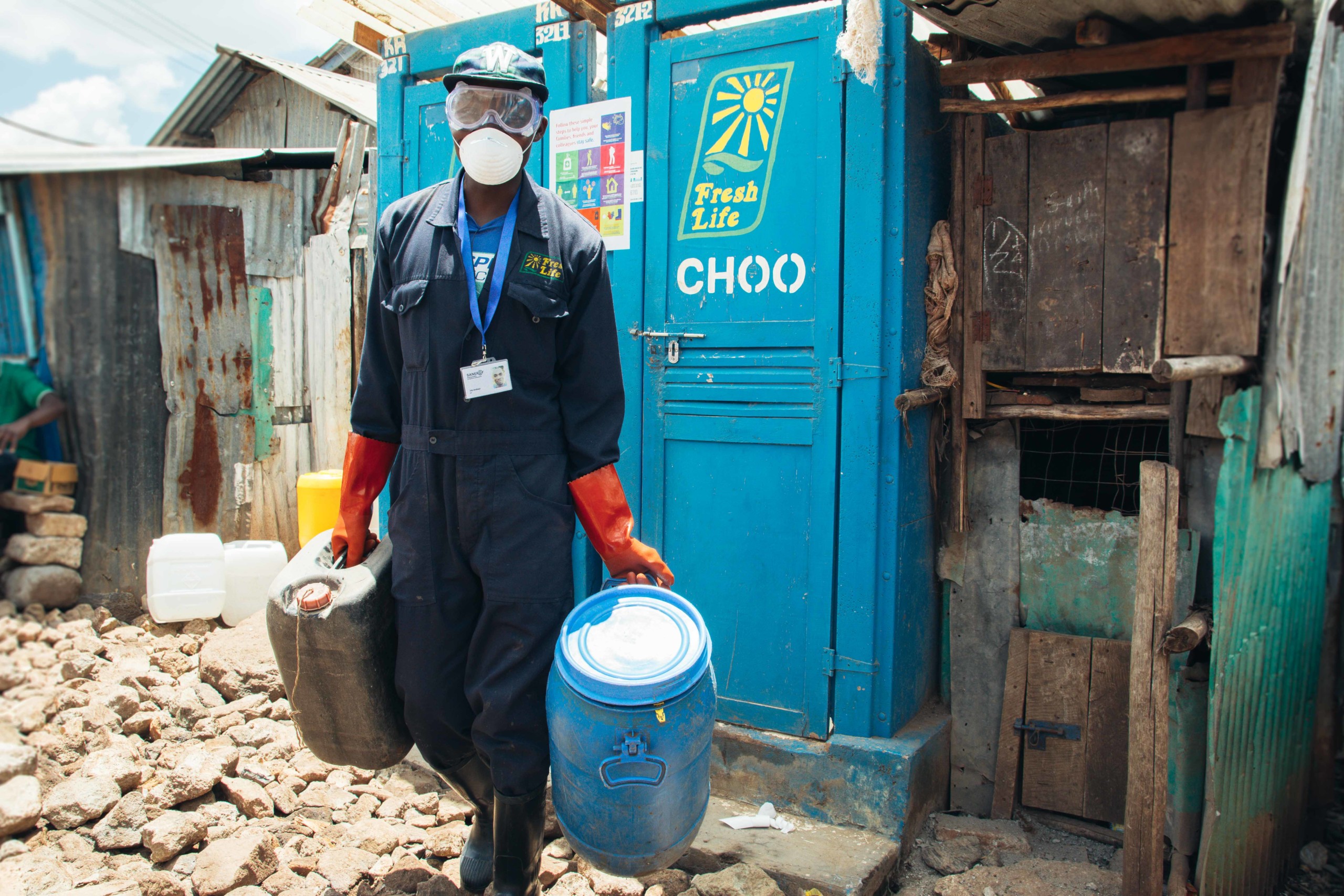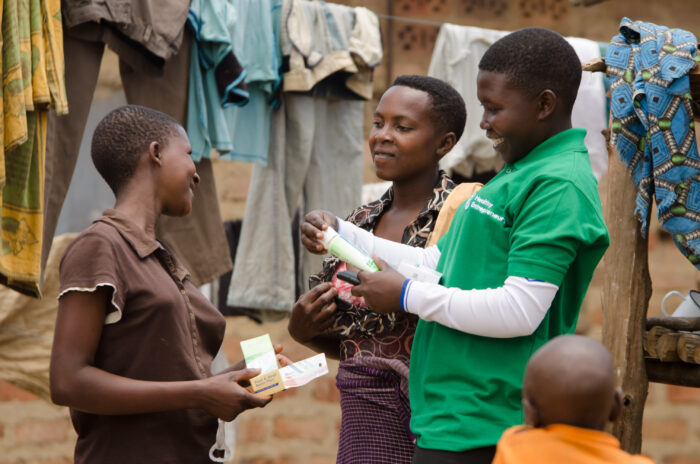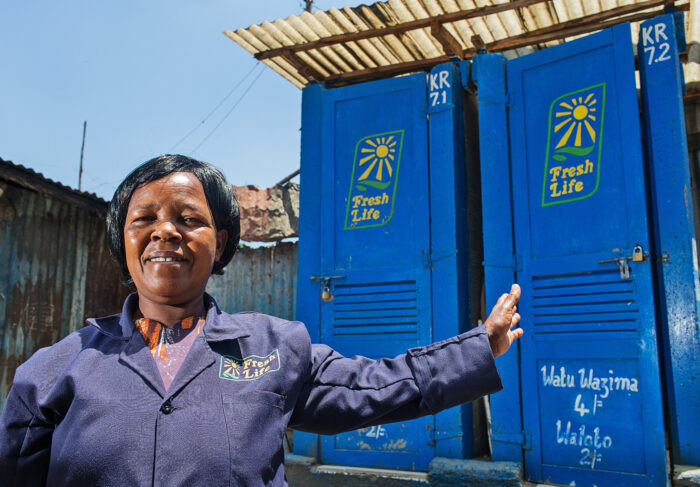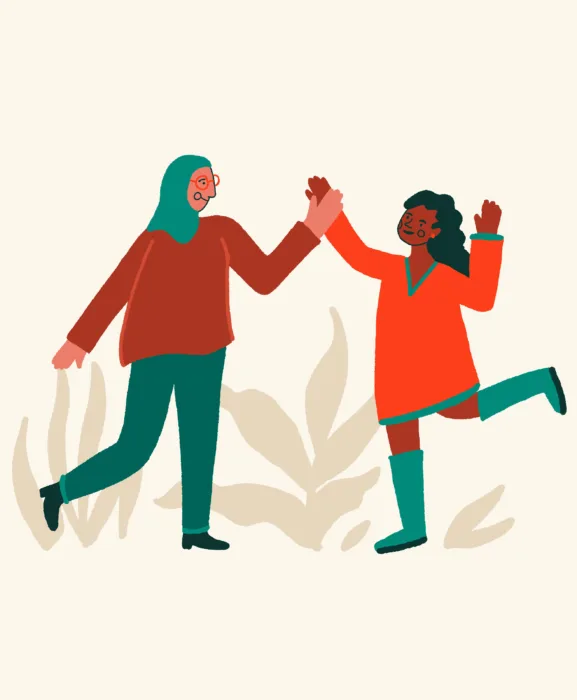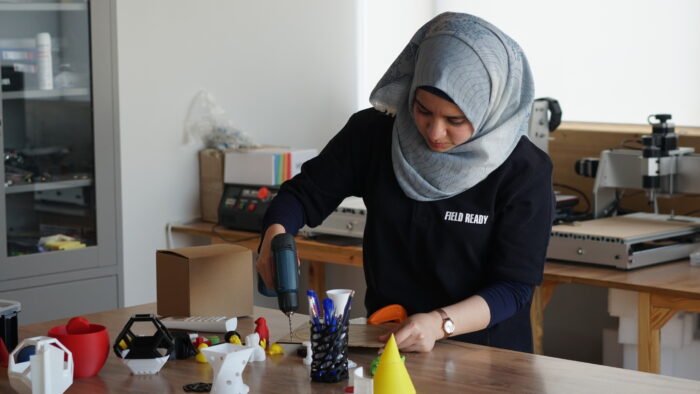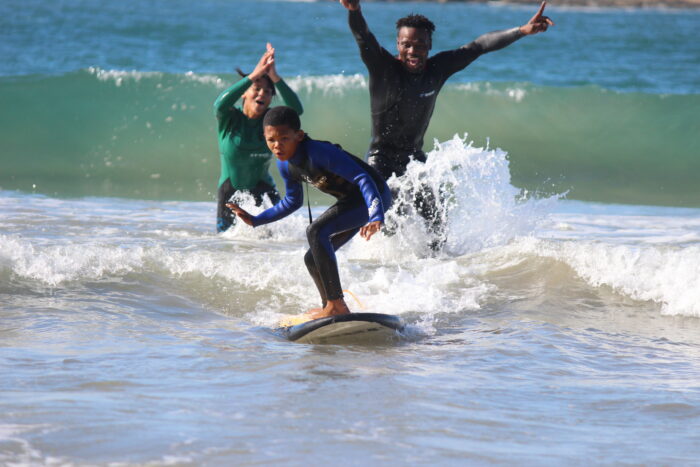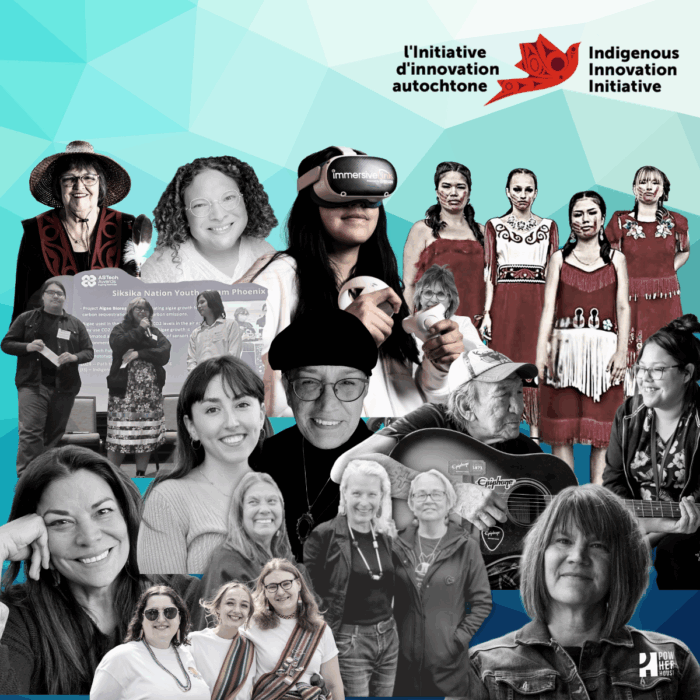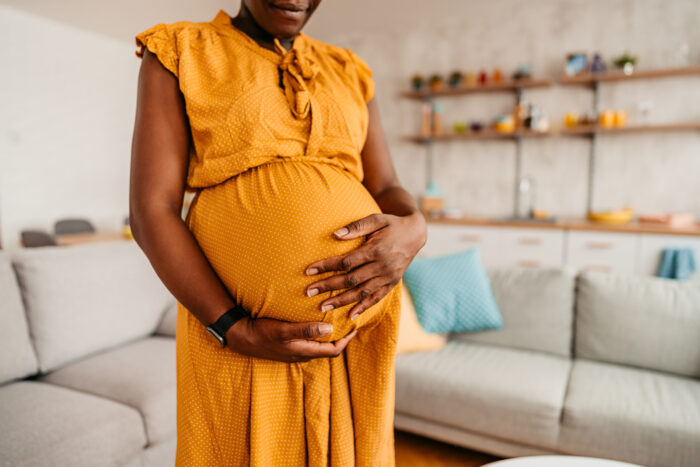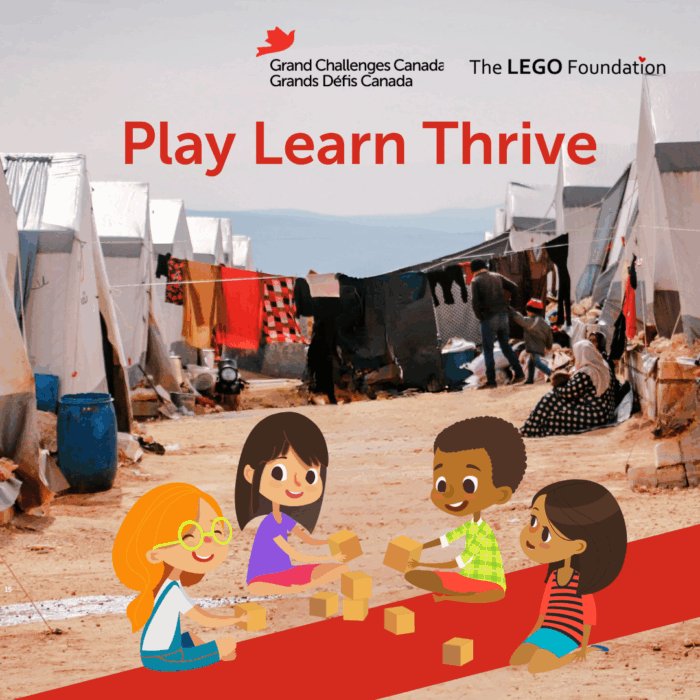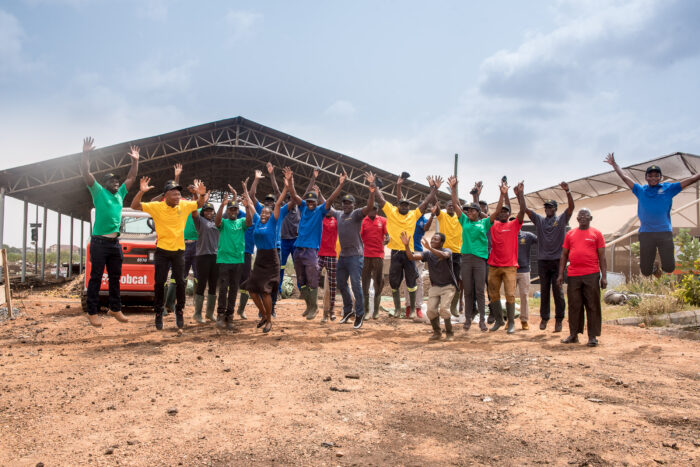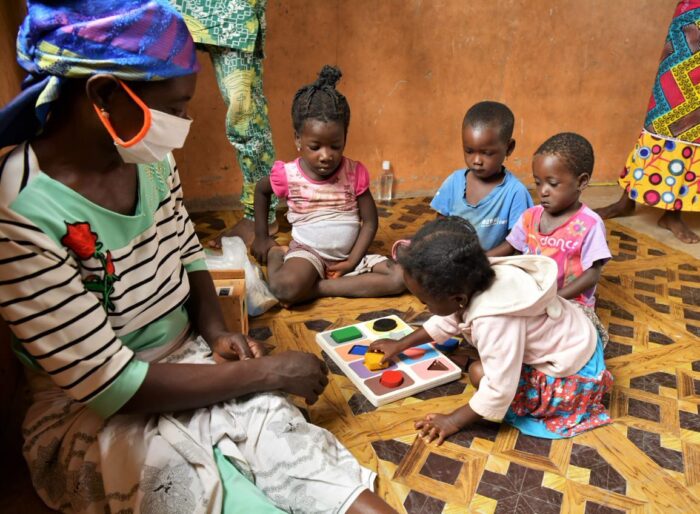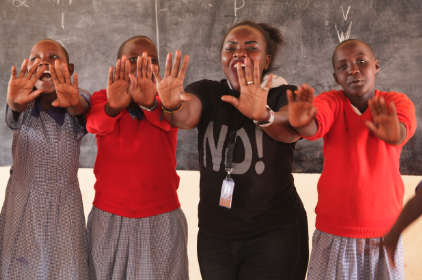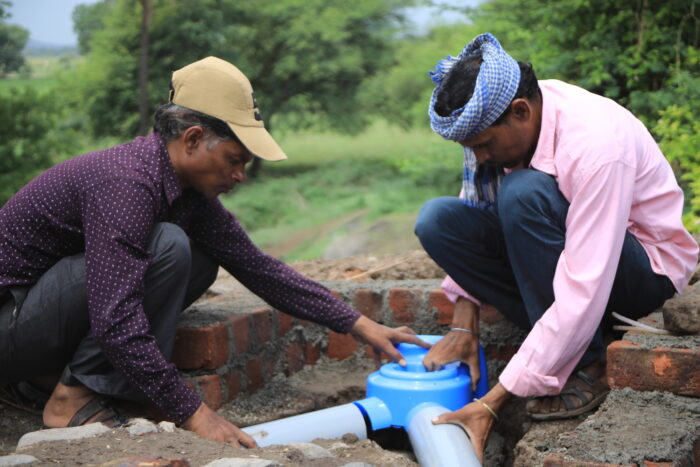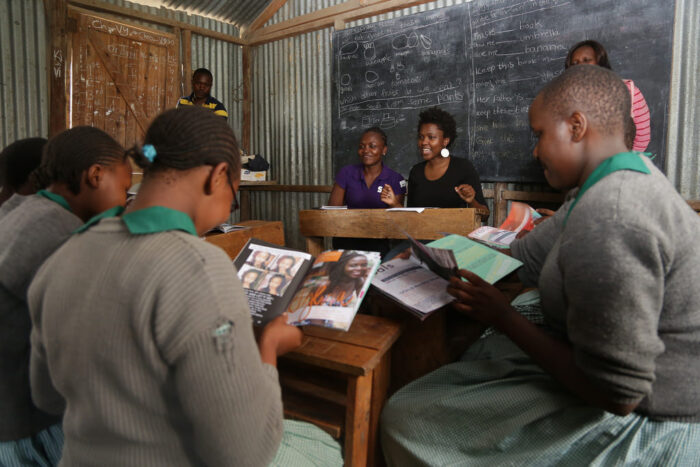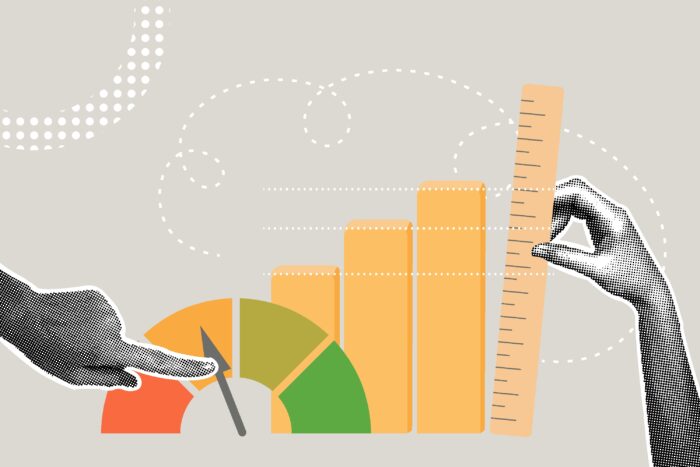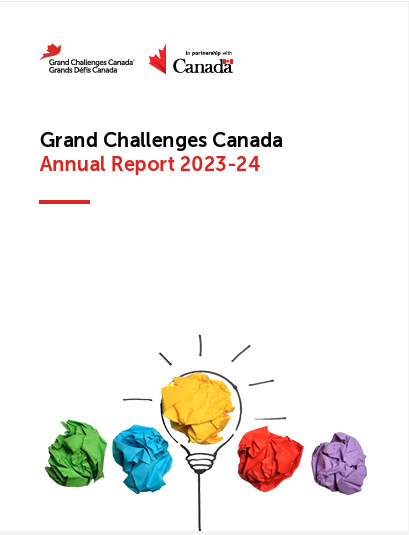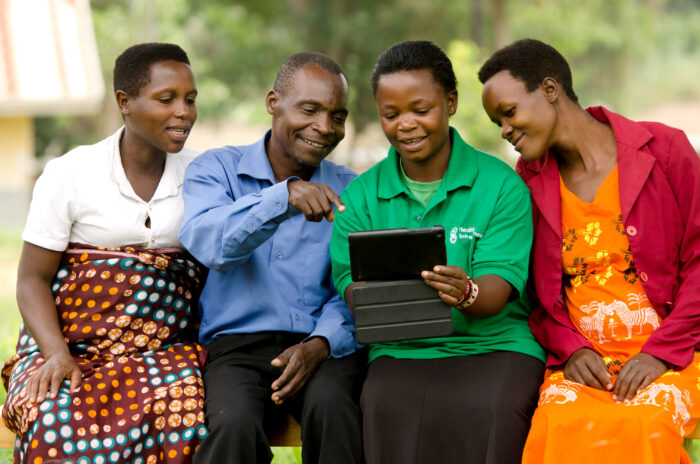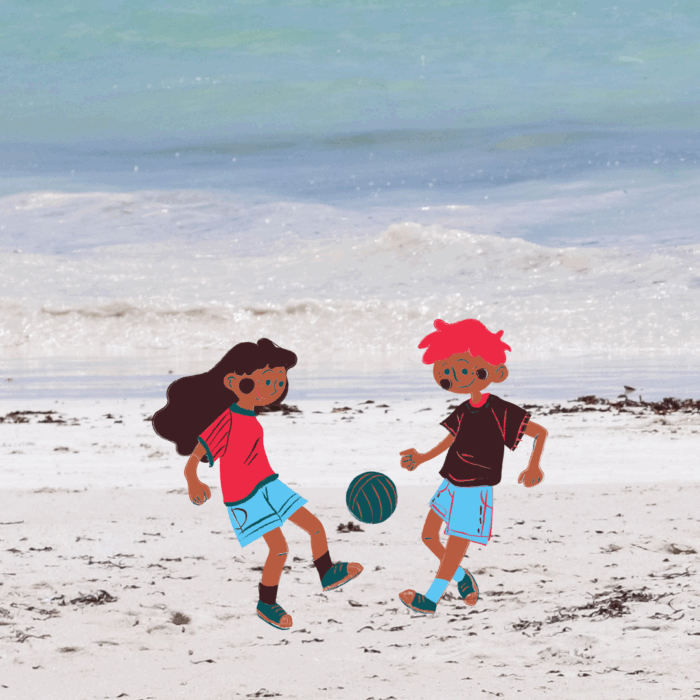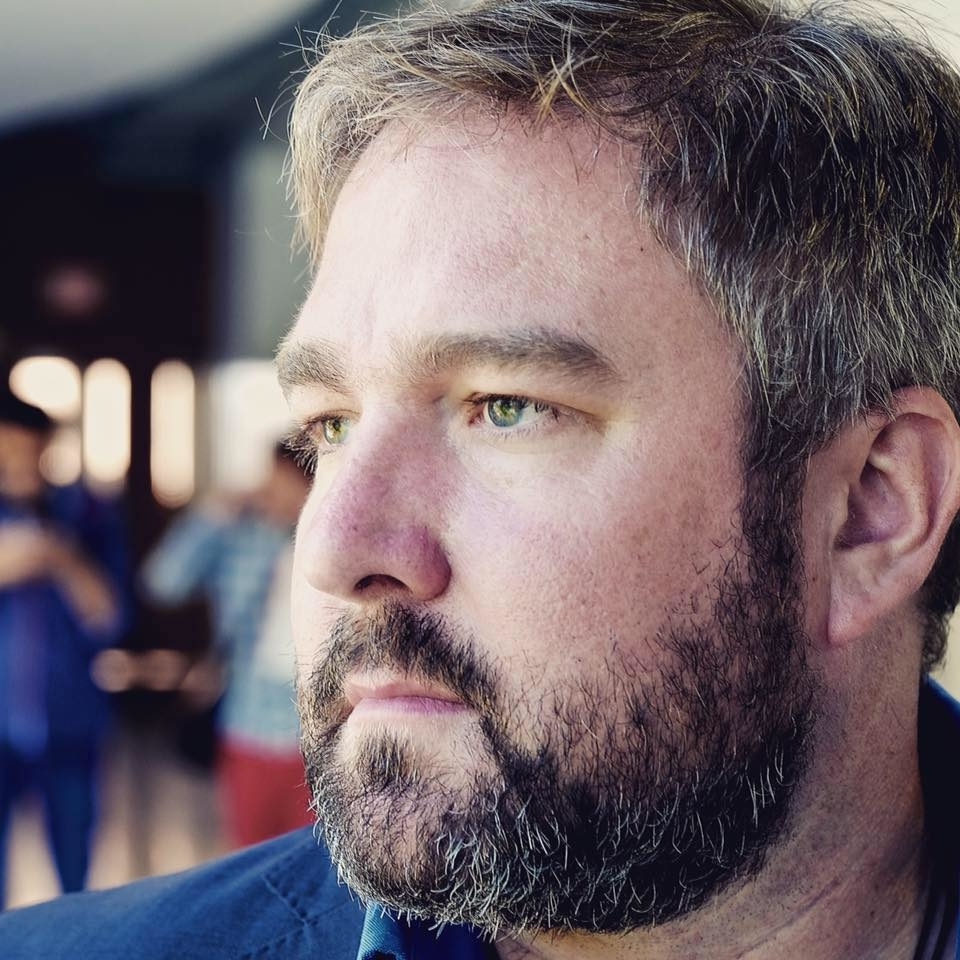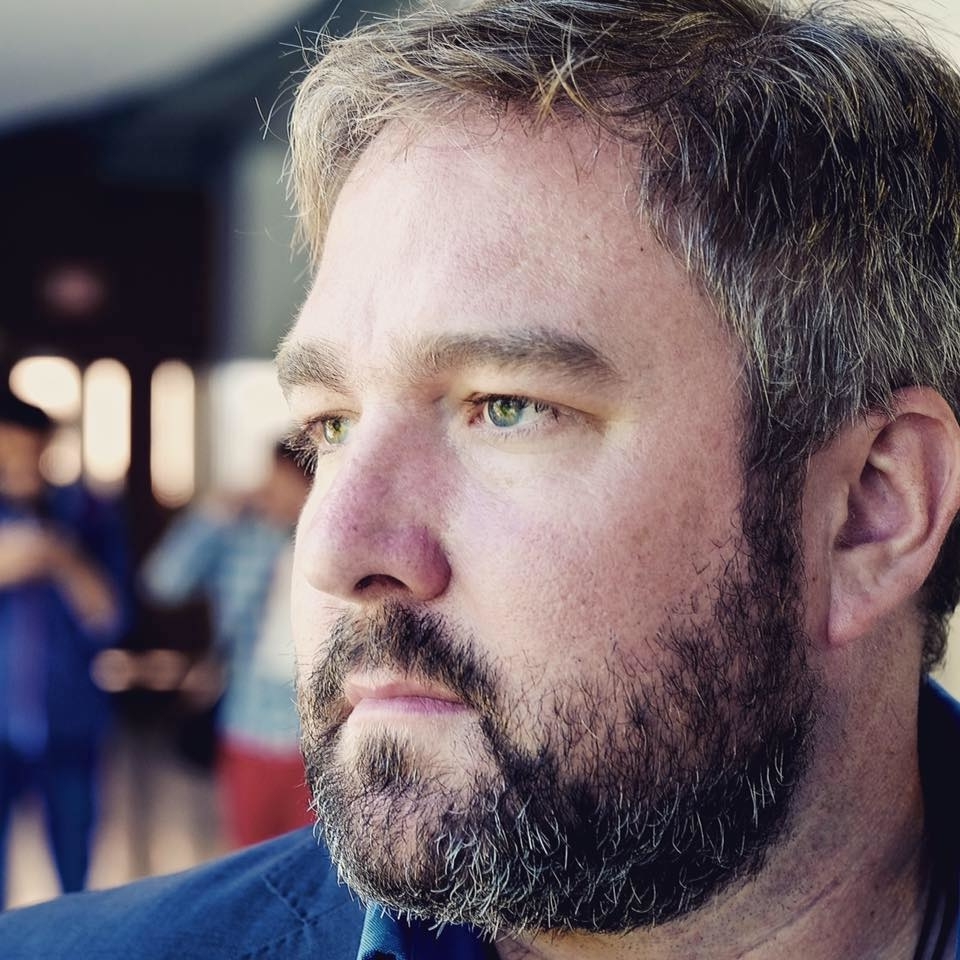
By Chris Houston, Senior Program Officer, Humanitarian Grand Challenges.
People affected by humanitarian crisis have the best understanding of the problems affecting them and will probably have the best solutions to those problems.
In February, we launched Creating Hope in Conflict: a Humanitarian Grand Challenge, in partnership with USAID’s Office of U.S. Foreign Disaster Assistance (OFDA) and the UK’s Department for International Development (DFID). We are seeking life-saving or life-improving innovations to help the most vulnerable and hardest-to-reach people impacted by humanitarian crises caused by conflict. These innovations will involve a connection to the private sector and input from affected communities in order to provide, supply, or locally generate safe drinking water and sanitation, energy, life-saving information, or health supplies and services to help conflict-affected people.
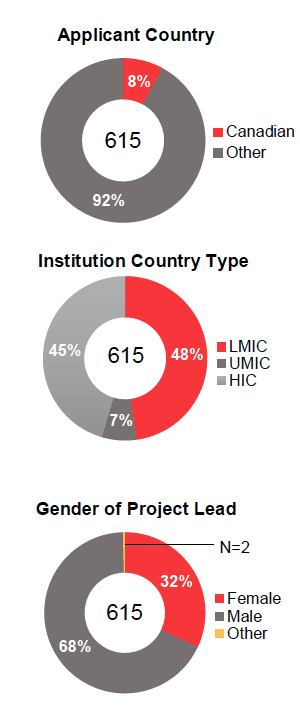 I’m really pleased that of the 615 applications we received from 86 countries, 48% are from low- and middle-income countries and 18% are from people in conflict-affect countries. I’m not really satisfied that only 33% of our innovators are women, but this disparity has forced our team to think about how to better reach and encourage women to apply for our next round of funding. We hope to invest in over 20 bold new ideas to help people affected by conflict. The 615 applications that we received represent over $150 million worth of requested funds. The fact that we only have the resources to fund 20 of these innovative solutions is an indicator of how much more work there is to do out there; and how much room there is for more partners and collaborators to create new opportunities for humanitarian innovation.
I’m really pleased that of the 615 applications we received from 86 countries, 48% are from low- and middle-income countries and 18% are from people in conflict-affect countries. I’m not really satisfied that only 33% of our innovators are women, but this disparity has forced our team to think about how to better reach and encourage women to apply for our next round of funding. We hope to invest in over 20 bold new ideas to help people affected by conflict. The 615 applications that we received represent over $150 million worth of requested funds. The fact that we only have the resources to fund 20 of these innovative solutions is an indicator of how much more work there is to do out there; and how much room there is for more partners and collaborators to create new opportunities for humanitarian innovation.
While the world spends a woefully inadequate amount of money on humanitarian interventions, it’s not because there is a shortage of people with ideas on how we could spend that money better. It’s difficult for governments to invest in innovation. The public that vote for them don’t want to hear stories about failure, which drives mediocracy. It’s a brave decision to invest in innovation, but the world is changing and since the World Humanitarian Summit, people are starting to realize that we can’t keep rolling out the same old solutions to ongoing problems. We desperately need to find faster, cheaper, better ways to help those in crisis. Change is necessary. Humanitarian systems are not reaching the people who need it most. The most urgent emergencies, such as those in Yemen or Syria, are massively underfunded. Even the most nimble international humanitarian agencies are struggling to access vulnerable populations, and yet they continue to receive most of the funding. Meanwhile, people closest to the needs, who understand the problems the best, fail to have their voices heard.
We have 615 ideas. We now need to choose the best ones. We’ll invite experts in the humanitarian system and people affected by conflict to review the most innovative and relevant applications. We’ll take advice from ethical experts and harness the insight of private sector leaders. We’ll choose the best ideas and we’ll take some bold risks. Along with my colleagues in USAID and DFID supporting this effort, I’m very keen to see what innovations get selected. Watch this space for the next update.
For Media Enquiries
Ken Tong
Communications Strategist
Grand Challenges Canada
+1.416.583.5821 Ext. 5581
